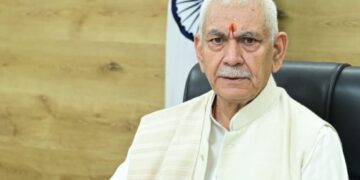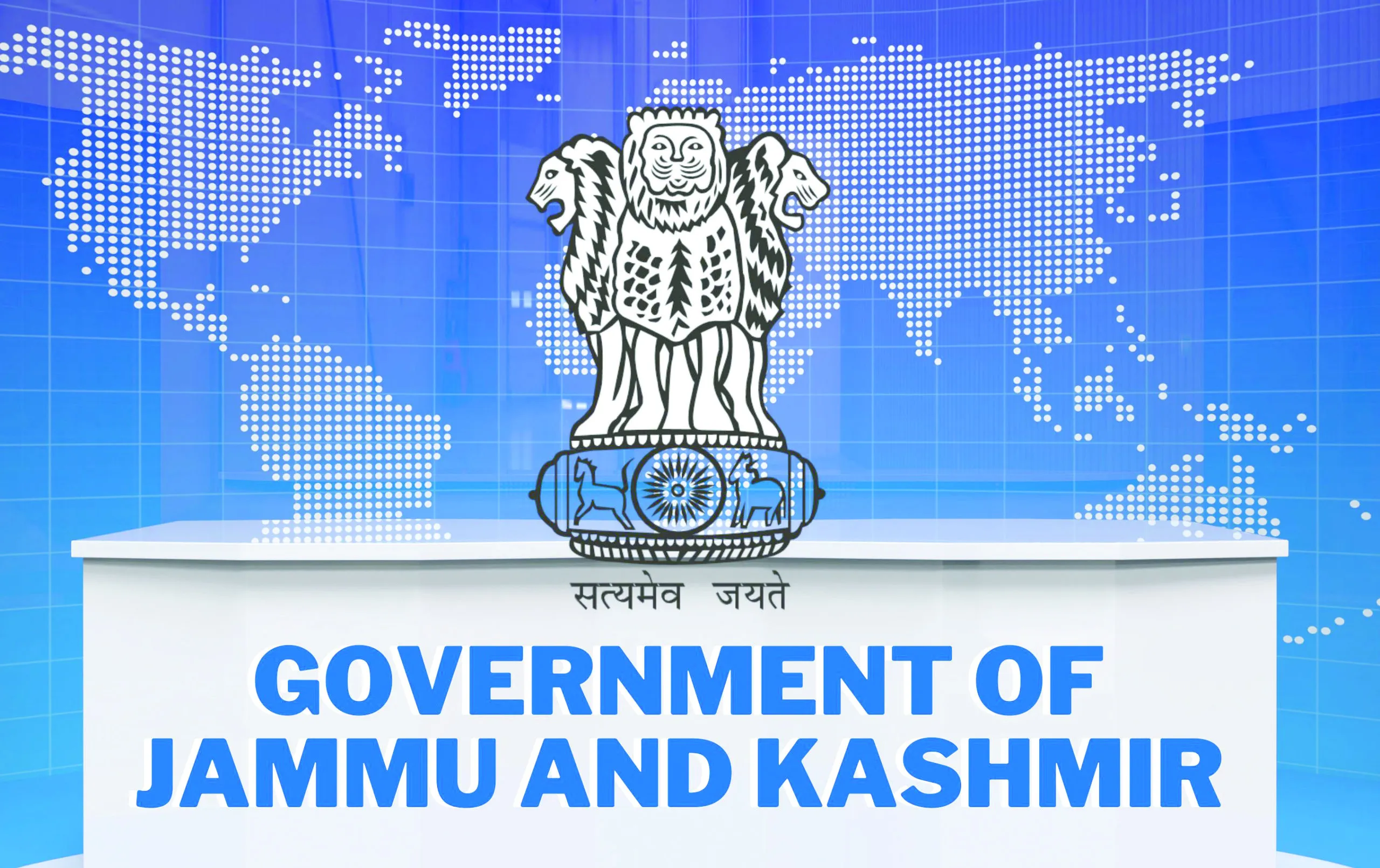New Delhi, Nov 7 (PTI) “Vande Mataram”, the national song tugging at the heartstrings of many an Indian, has stirred heated debates every few years over its “secular” or “anti-Islamic” nature and the role it played in India’s freedom struggle.
On Friday, Prime Minister Narendra Modi said important stanzas of the national song “Vande Mataram” were dropped in 1937 which sowed the seeds of partition and asserted that such a “divisive mindset” is still a challenge for the country.
Modi made the comments while inaugurating the year-long commemoration of “Vande Mataram” to mark 150 years of the national song.
It all began in 1875 when Bengali novelist-poet Bankim Chandra Chatterjee wrote an ode to the motherland as a personification of Goddess Kali. Since then, the poem, dedicated to Bengal, has time and again found itself in the proverbial eye of the political storm.
However, it was published only seven years later in 1882 in the literary journal “Bangadarshan” as part of Chatterjee’s novel “Anandamath” set in the backdrop of the sanyasi rebellion and the Great Bengal Famine of 1770.
Over the next decade, till the 1900s, “Vande Mataram”, translating to “I bow to you, mother”, became a rebellious call against the British and one popularised by nationalistic leaders of the Indian National Congress.
The original “Bande Mataram” – there is no ‘V’ sound in Bengali – is a poem in six stanzas. It has strong religious lyrics in the later parts, evoking the imagery of and paying obeisance to goddesses Durga and Lakshmi.
The poem, especially the first two words, “Vande Mataram”, gradually became the slogan of the nationalist movement.
In 1937, the Muslim League in a resolution adopted in its 25th session in Lucknow dubbed “Vande Mataram” as “not merely positively anti-Islamic and idolatrous in its inspiration and ideas, but definitely subversive of the growth of genuine nationalism in India”.
Days later, the Congress Working Committee, which met at Calcutta on October 26, 1937, under the presidentship of Nehru, also adopted a resolution on the subject.
It noted that “wherever Bande Mataram is sung at national gatherings, only the first two stanzas should be sung, with perfect freedom to the organisers to sing any other song of an unobjectionable character, in addition to, or in the place of, the Bande Mataram song”.
On January 24, 1950, the Constituent Assembly of India adopted “Vande Mataram” as the national song.
According to a 1953 publication by the Ministry of Information and Broadcasting, it was first sung at a political occasion at the 1896 session of the Indian National Congress and set to music by Rabindranath Tagore.
The song gradually adapted the essence of an anthem as the anti-partition movement in Bengal grew in the early 1900s. It was during these days that Muslim leaders showed early protest to the popular use of the poem.
In his presidential address to the second session of the All-India Muslim League held at Amritsar on December 30, 1908, league leader Syed Ali Imam said his “heart is filled with despair and disappointment” when “the most advanced province of India put forward the sectarian cry of ‘Bande Mataram’ as the national cry”.
“…and the suspicion that, under the cloak of nationalism, Hindu nationalism is preached in India becomes a conviction,” he said.
Mahatma Gandhi, who associated “the purest national spirit with it”, admitted that “Vande Mataram” had “gripped and enthralled” him but it never occurred to him that it was “a Hindu song or meant only for Hindus”.
“I would not risk a single quarrel over singing ‘Vande Mataram’ at a mixed gathering. It will never suffer from disuse. It is enthroned in the hearts of millions. It stirs to its depth the patriotism of millions in and outside Bengal. Its chosen stanzas are Bengal’s gift among many others to the whole nation,” he wrote in “Harijan” on July 1, 1939.
Even after Independence, Gandhi counselled against the imposition of “Vande Mataram”.
“No doubt, every act … must be purely voluntary on the part of either partner”, he said at Alipore on August 23, 1947.
Over the next eight decades, the debate over the national song has been intense.
One of the biggest controversies occurred in 2009, when Jamiat Ulama-i-Hind in Deoband, Uttar Pradesh, issued a fatwa asking Muslims not to sing the national song.
“We love our country and have proved this several times, but ‘Vande Mataram’ violates our faith in monotheism that is the foundation of our faith. We can love and serve our country, but cannot elevate it to the status of Allah, the only one worshipped by Muslims,” it said.
Strongly opposing the Islamic organisation, over 100 Muslim scholars, social activists, actors, and writers released a statement and said the debate on “Vande Mataram” was settled in the 1930s with the consent of then leadership of the Jamiat.
“We neither believe that the Vande Mataram is a test case of someone’s patriotism nor do we agree with the Jamiat interpretation that reciting the song would endanger one’s faith. Therefore, we strongly condemn the Jamiat move to unnecessarily provoke a controversy around Vande Mataram at this juncture,” the statement added. It was signed by the likes of Naseeruddin Shah, Javed Akhtar, Shabana Azmi and Saeed Akhtar Mirza.






